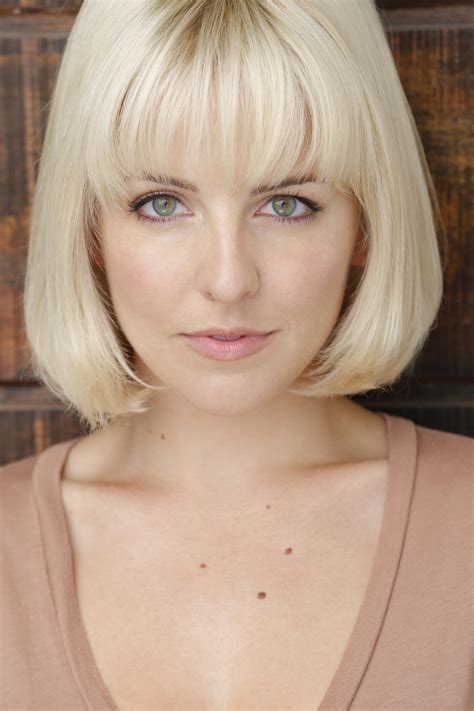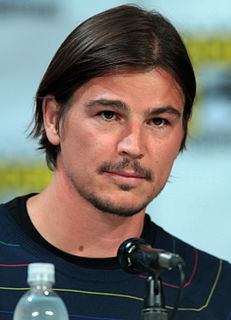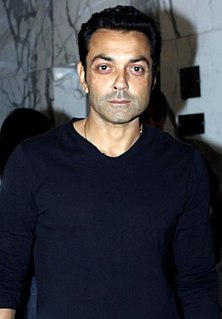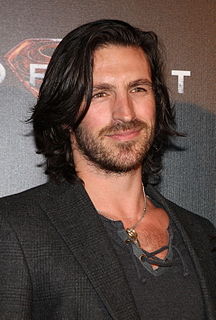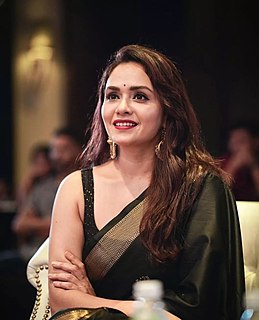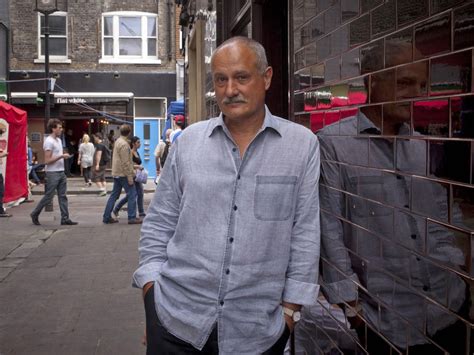A Quote by Alejandro Gonzalez Inarritu
Related Quotes
Every story is flawed, every story is subject to change. Even after it is set down to print, between covers of a book, a story is not immune to alteration. People can go on telling it in their own way, remembering it the way they want. And in each telling the ending may change, or even the beginning. Inevitably, in some cases it will be worse, and in others it just might be better. A story, after all, does not only belong to the one who is telling it. It belongs, in equal measure, to the one who is listening.
Sometimes I have experienced at the start of a film you're very excited and enthusiastic and you've done all your preparation internally and externally and you start the film and it's all go... Then your attention goes somewhere else. Your energy goes into telling the story, so you don't have the same amount of energy to be objective, and that's okay because sometimes you become a subject of the story and you're inside it so much that you don't need to keep on looking on the outside.
When I make film music, I'm a filmmaker first and foremost. It's about serving the needs of the film. You're telling a story; in a way, you stop becoming a composer and become a storyteller instead. You tell the story with the most appropriate themes. How you approach these things is a very personal matter, but your goal is to tell the story first.
Every part of it is important; the film comes alive when you edit it, the film comes alive when you write it, the film comes alive when you act it, and the same with the directing. They're all the most important part at the time and that's why I enjoy doing it, because you're creating a story and every part is a very integral part of it.
I think that people have to have a story. When you tell a story, most people are not good storytellers because they think it's about them. You have to make your story, whatever story it is you're telling, their story. So you have to get good at telling a story so they can identify themselves in your story.
Animation story boarding works differently than live action story boarding. The story crew along with a writer really does shape and create the film - the world and it's characters. We meet almost every day and brainstorm the plot of the film. It's a highly collaborative process - and we continue to improve the story until we literally run out of time.





